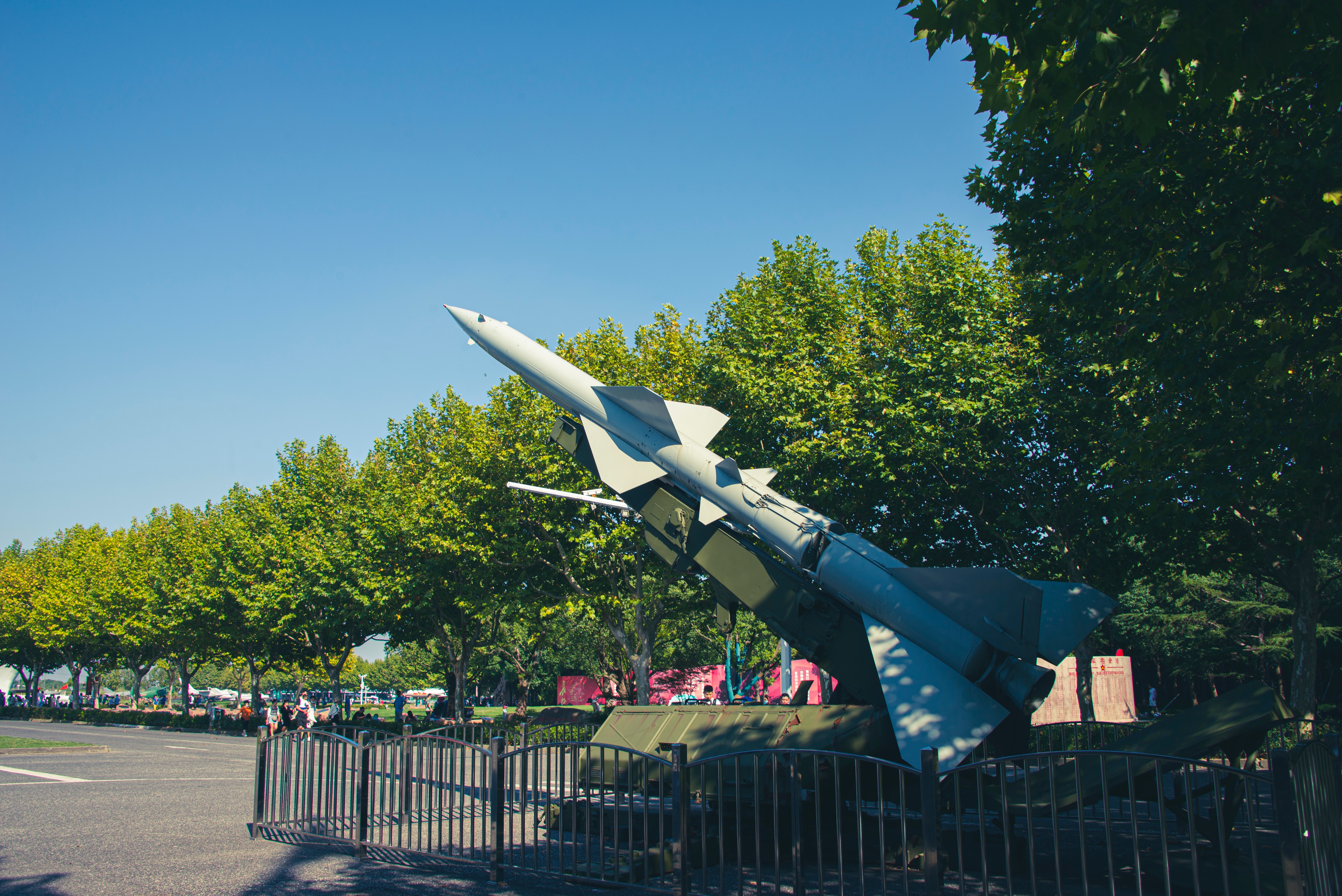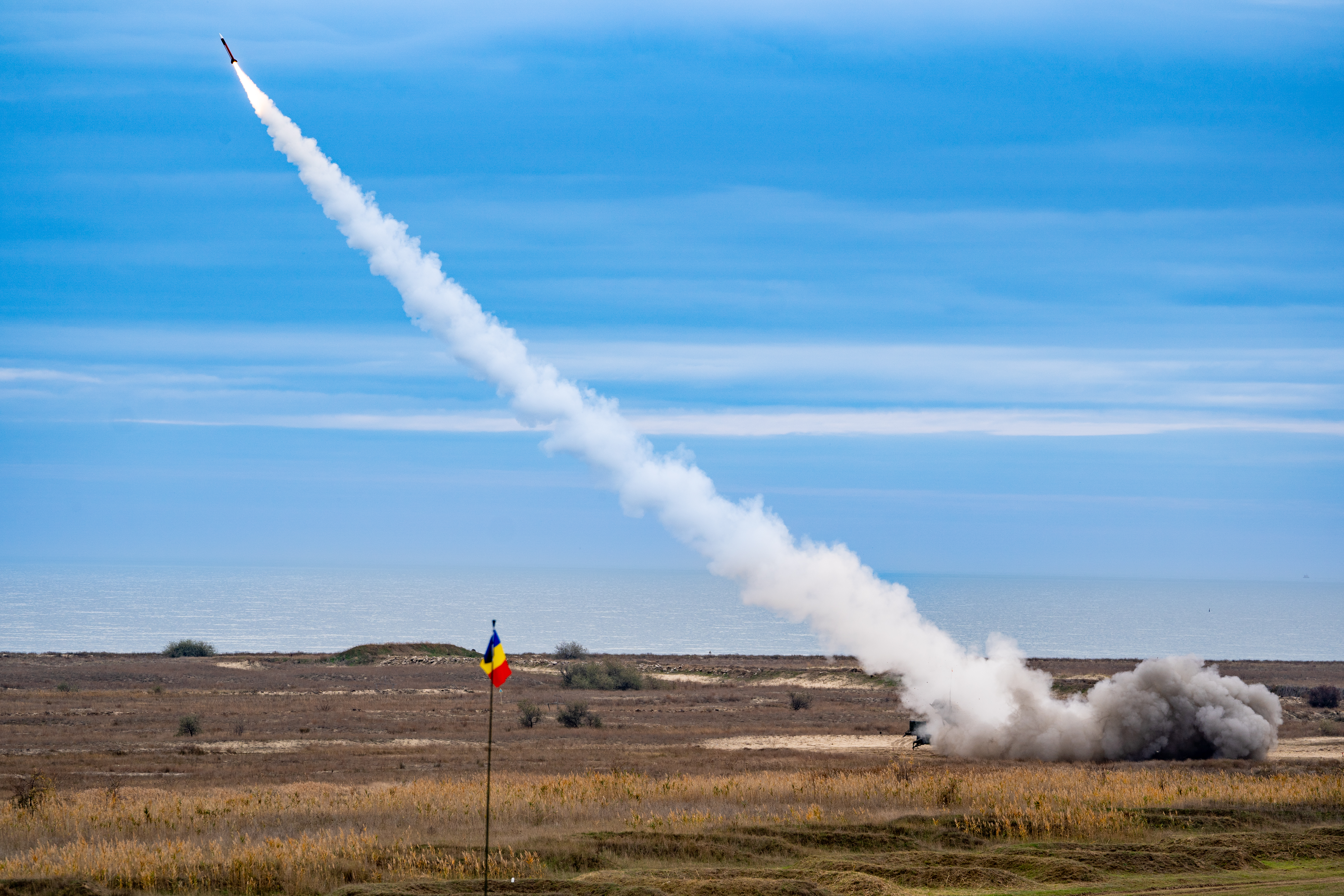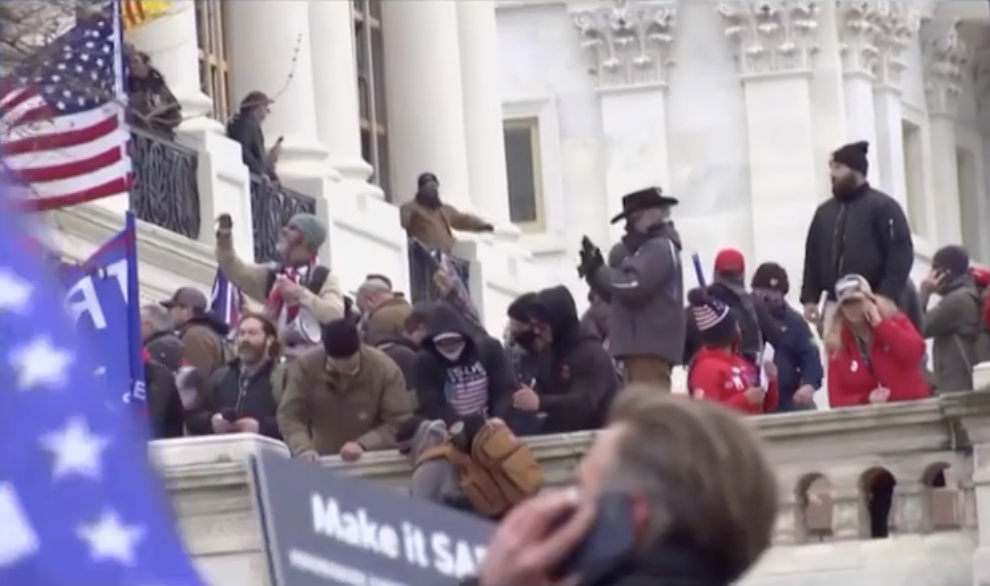Amid escalating tensions in East Asia, China's military underscores its resolute commitment to prevent Taiwan from attaining independence. The Defense Ministry spokesperson, Colonel Tan Kefei, condemned the recent surge in military exchanges between the United States and Taiwan, viewing it as a highly erroneous and perilous step. The Chinese People's Liberation Army (PLA) emphasizes continuous reinforcement of military training and preparedness, vowing to firmly quash any attempts towards Taiwanese independence or external interference. Safeguarding national sovereignty and territorial integrity is deemed paramount, especially considering the United States' status as Taiwan's closest ally.
China asserts territorial claims over Taiwan, a nation with a population of 23 million, and is determined to bring it under its control, even resorting to force if necessary. Boasting the world's largest navy, state-of-the-art fighter jets, and an extensive arsenal of ballistic missiles, China intensifies its threats through airspace and maritime maneuvers near Taiwan. However, the logistical challenge of transporting a fraction of its colossal military force for a potential invasion remains immense for the PLA, which comprises over 2 million personnel.
China's belligerent activities include daily incursions into Taiwanese airspace and waters, as well as military exercises in and around the Taiwan Strait. These actions are widely perceived as rehearsals for a blockade or invasion, posing significant implications for global security and economies.
The primary objective behind these provocative measures is to intimidate Taiwan's military and influence politicians and voters ahead of the upcoming presidential and legislative elections. Despite these efforts, the majority of Taiwanese citizens remain firm in their preference for maintaining the island's de facto independent status. Notably, public figures from Europe and the U.S. continue to express their support through frequent visits to Taipei, despite lacking formal diplomatic ties with Taiwan due to deference to Beijing.
Colonel Tan's comments were prompted by inquiries about reports of U.S. President Joe Biden's forthcoming approval of a $500 million arms sale to Taiwan. Additionally, over 100 military personnel will be dispatched to assess training methods and provide suggestions for enhancing the island's defenses.
Taiwan enjoys robust support from both the Democratic and Republican parties in the United States, urging the Biden administration to fulfill the sale of nearly $19 billion worth of approved but undelivered military equipment.
Delays in deliveries are attributed to production bottlenecks caused by factors like the COVID-19 pandemic, capacity limitations, and increased demand for arms assistance in Ukraine. President Biden's decision aims to expedite the delivery of critical hardware required by Taiwan to deter or repel potential Chinese aggression by facilitating the export of items from existing U.S. military stockpiles.
Amid Beijing's customary stance on its "core interests," Colonel Tan firmly asserts that seeking independence through reliance on the United States or military force is a dead end. However, with China-U.S. relations at an all-time low and Taiwanese society resistant to Beijing's demands for political compromises, concerns grow over the potential for a conflict involving all three parties, possibly drawing in U.S. treaty allies such as Japan.










